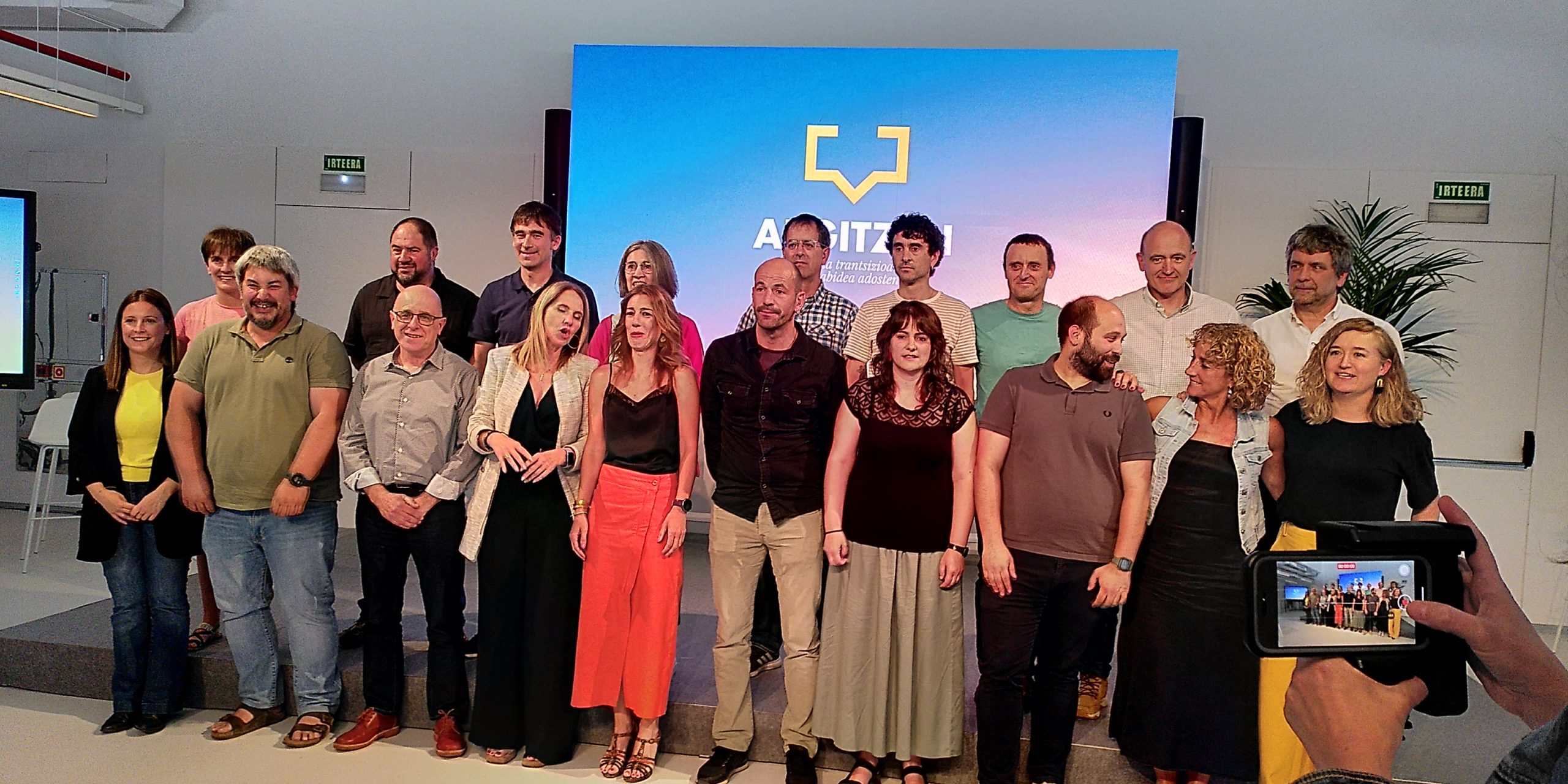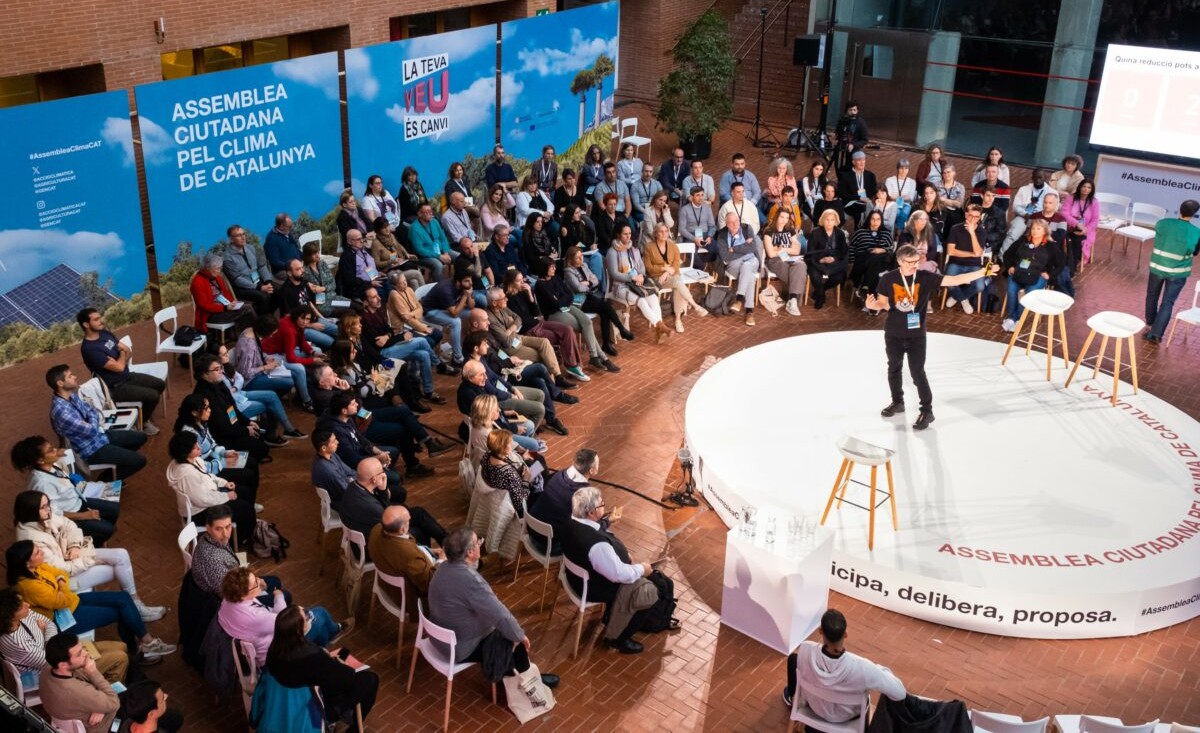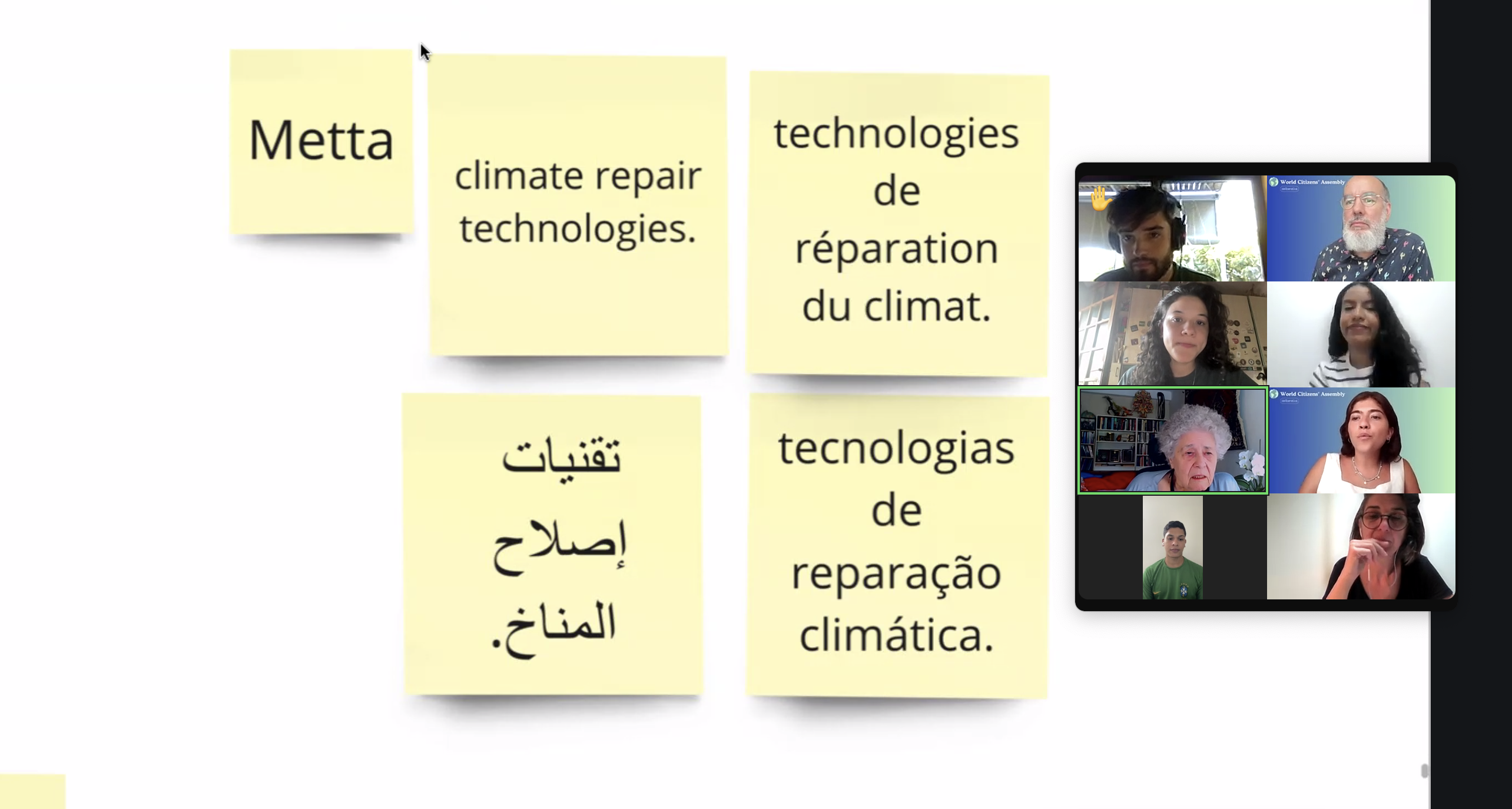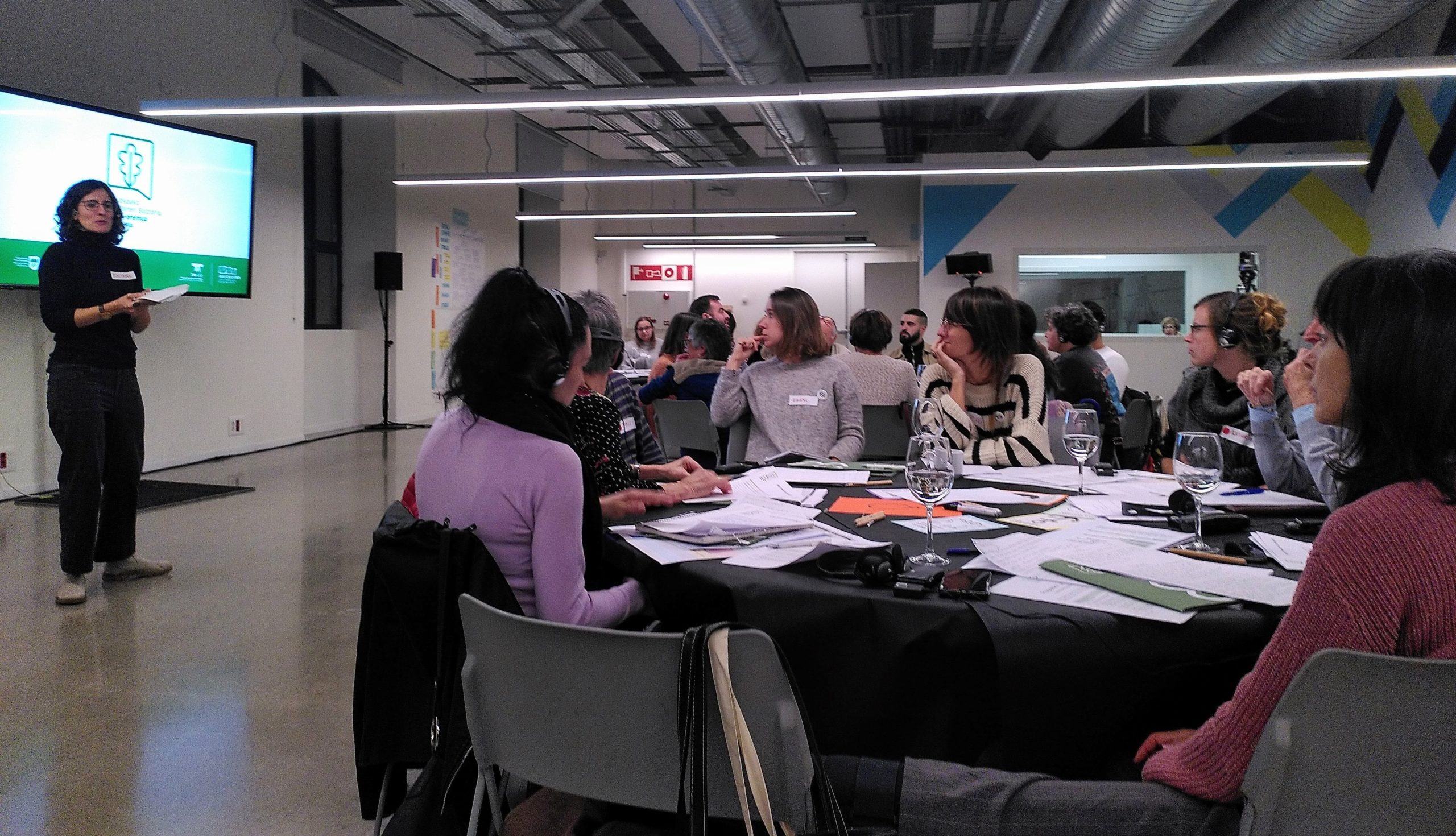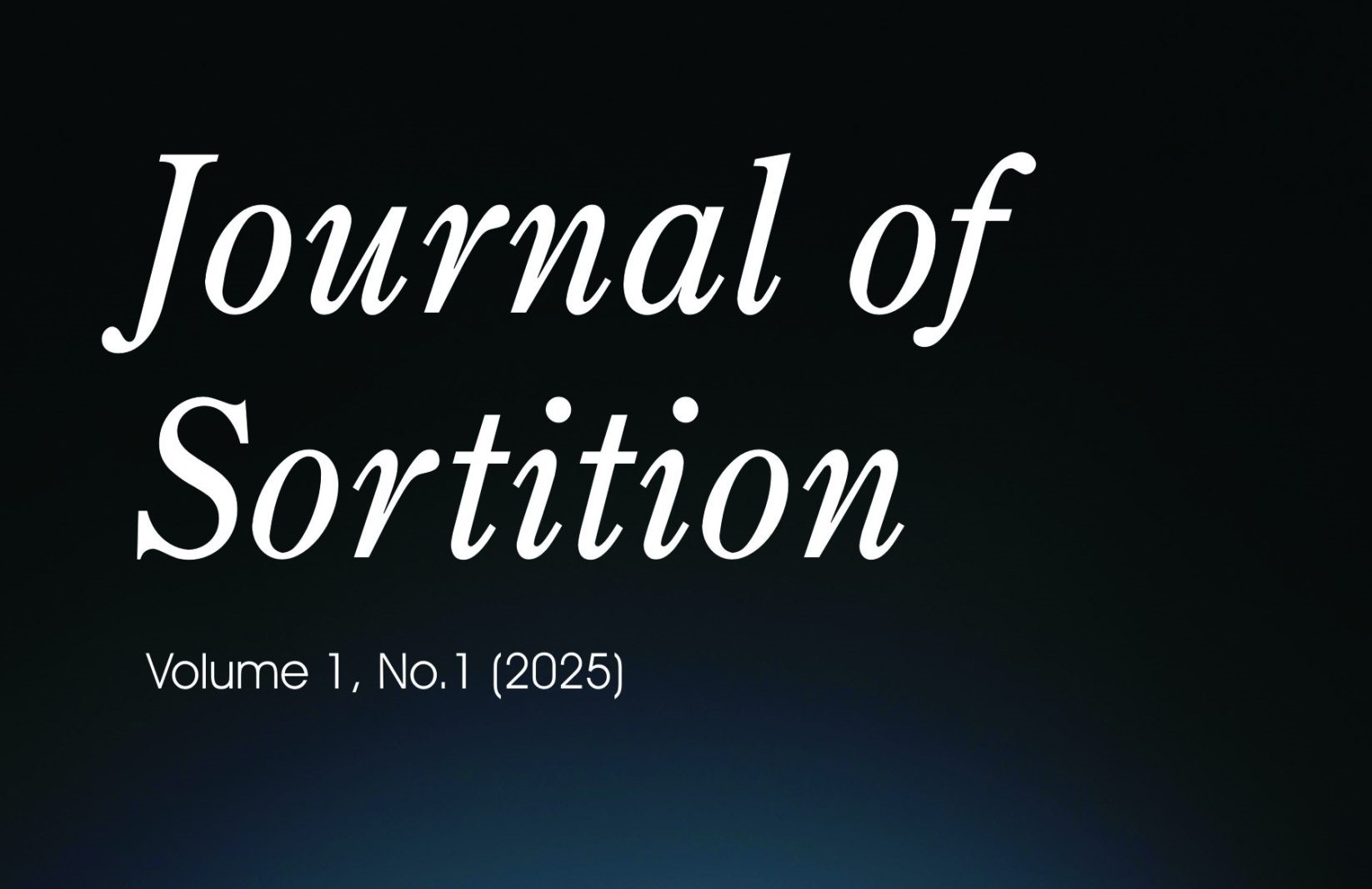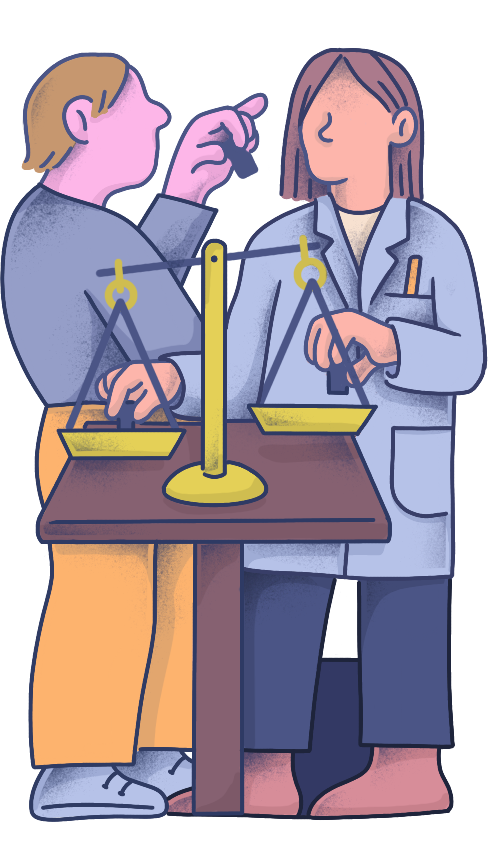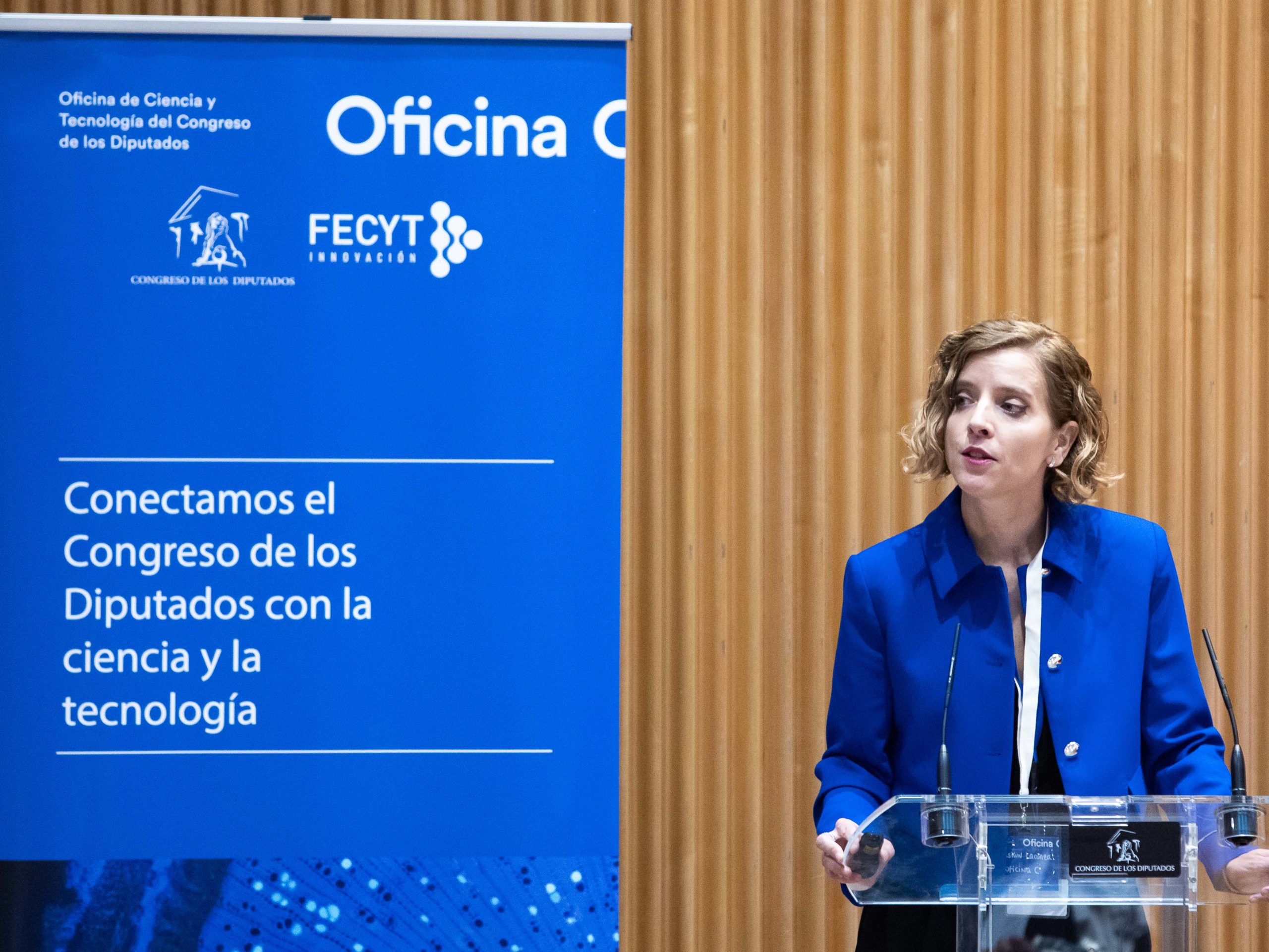
We aim to strengthen the democratic system by promoting deliberative democracy and its institutionalization.

We design, support, and evaluate deliberative processes, placing citizens at the center through the civic lottery.

We counter polarization and misinformation by creating spaces for learning, reflection, and dialogue that foster political agreement.

We ensure all interested and affected voices are included in a balanced way, along with the expert knowledge needed to make informed decisions.



